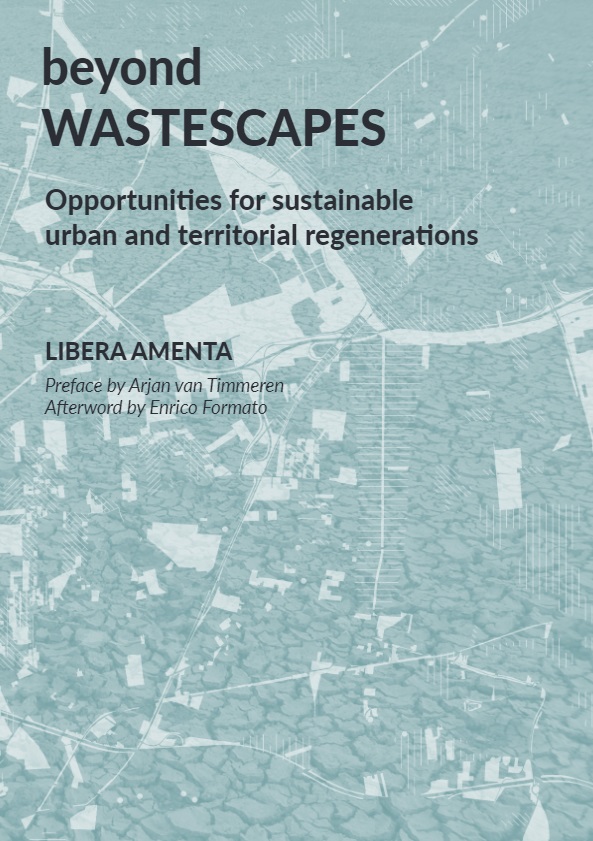We are proud to announce the newest book by Libera Amenta, a post-doc researcher engaged in REPAiR project. The book titled “beyond WASTESCAPES: Opportunities for sustainable urban and territorial regenerations” is published by TU Delft Open in April 2019.
This book is based on PhD research entitled “REVERSE LAND: Wasted Landscapes as a resource to re-cycle contemporary cities” (2015) – which is a PhD Course in the Department of Urban Design and Planning at the University of Naples Federico II. Research has further developed at the Delft University of Technology by Libera Amenta since 2014. Moreover, this research has been done within the framework of the European Horizon 2020 funded research project REPAiR – REsource Management in Peri-urban AReas: Going Beyond Urban Metabolism.
Read more and download this open access book at TU Delft Open website here.
SYNOPSIS:
Resource consumption mostly overcomes the embedded capacity of global ecosystems, which are self-regenerating until they reach the point of the planet’s limits. Moreover, the consumption of virgin resources and raw materials is strictly related to a consequent production of waste, which is negatively affecting both human health and other various spatial conditions. In addition to this, the temperature of the globe is predicted to rise even more in the next century, which might lead to food shortages, water scarcity, and even conflicts. Studies show that if this model of growth goes on, there will be the need of almost an additional planet Earth (in terms of resources) for us to be able to continue to survive. This condition of scarcity also regards land itself, which is understood as a non-renewable resource. Issues regarding linear metabolism, unsustainable resource consumption, abandonment, vacancies, and also the depletion of fertile soil, are caused by various rapid urbanization processes that can generate wastescapes. These can be generated in the form of unused, abandoned, polluted, or (socially) problematic areas.
The unsustainability of this linear model of growth is self-evident, because it represents a significant threat for environmental sustainability, human health, and happiness. Many initiatives around the world are currently in the process of moving towards circularity. However, the recycling of wastescapes is still an important knowledge gap in the current definition of a circular economy, with the latter mostly only focusing on the recycling of material resources in contemporary cities.
What can be done to integrate the regeneration of wastescapes with the principles of a circular economy? Can we envision a spatial dimension of circularity by going beyond just recycling of material waste to improve citizens’ quality of life and wellbeing? Could this be achieved through the preservation of both the availability of natural resources and the ability of eco-systems to regenerate themselves, without exceeding the global ecological overshoot?


